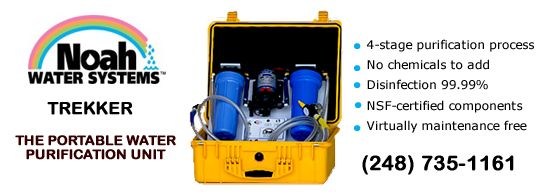
4/30/2025
WT Staff
 Knowledge of an environmental crime? Knowledge of an environmental crime? Give us a call at 877-52-WATER (877-529-2837), or email info@wtny.us
April 30, 2025 236 pm EDT
SDWA CrimeBox
Historic Conviction Fiscal Year 1996; Case ID# CR_885(Kansas)
Three years in prison for hiding hazardous waste underground in Kansas
One of three criminal convictions under the Safe Drinking Water Act in Kansas
This case illustrates the need for regulations to protect drinking water sources and the teeth to enforce them.
When toxic materials are placed inappropriately underground, the problem may be out of sight but far from solved. This case is about failure to notify the authorities of contaminants loaded into underground wells not capped and contained for this purpose. Without notification and action to clean up the site, the contaminants leak and leach, fouling the drinking water supplies of unsuspecting communities.
Companies and operators on the front lines handling hazardous hold permits and have training, understanding both the risk and the rules for proper disposal. The public trusts these agents to ensure the viability and safety of common resources, including drinking water.
"Green-washing" was not a common term when this case came to the federal District Court in Kansas in 1996. The defendant was a contractor to the oil and gas industry, the service was named to make the green impression. In the earliest days of the Environmental Protection Agency's mandate to enforce compliance with Safe Drinking Water Act and Clean Water Act , the defendant ran businesses named "Bio-Clean", and "Oil Recovery Technologies". For the waste-generating industries, such contractors were in demand, key to achieving compliance with ever-stronger regulations protecting drinking water supplies from industrial contamination.
The defendant in this case was charged with two felony violations of the SDWA, for unloading the toxic waste into an underground well not intended for such purpose and failing to notify the authorities. The defendant plead guilty to one count, and was sentenced in one of the most severe pronouncements for SDWA crime in the 1990's.
Incarceration: 3 years; Federal Fine: $50,000; Probation: 12 months
See last week's CrimeBox, "Drunk texting incident triggers remote shutdown of a drinking water plant ", here.
SDWA CrimeBox briefs are compiled from EPA Criminal Enforcement records.
|
|
|





